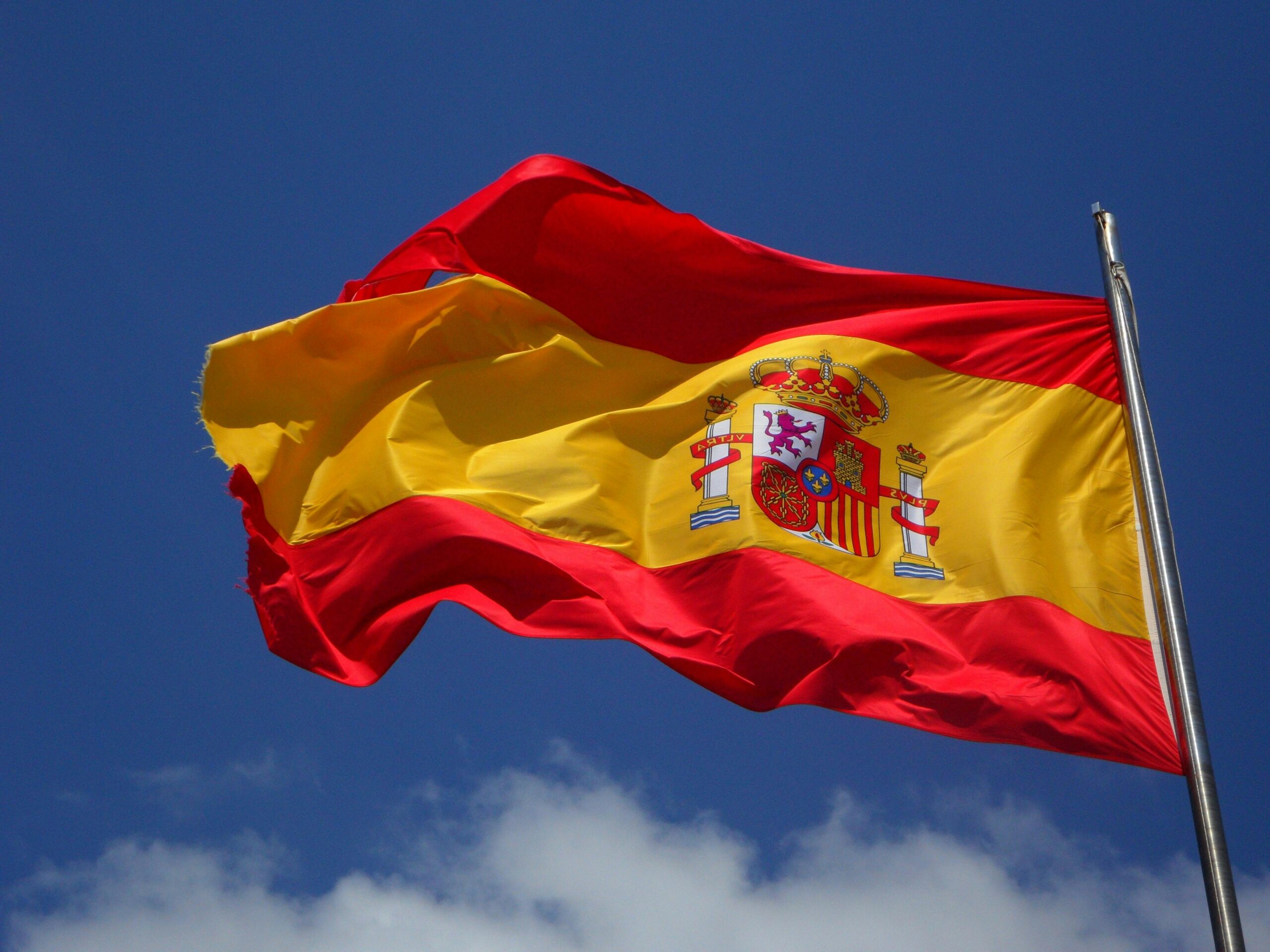In a significant legal shift, Spain has recently implemented tighter surrogacy laws that impact how intended parents navigate surrogacy, particularly international surrogacy. For those who are Spanish citizens or reside in Spain, these changes came into effect on May 1, 2025. This article explores these legal updates, what they mean for intended parents, and the broader implications of Spain’s surrogacy policy changes.
As of May 1, 2025, Spain has enacted a ban on its embassies and consulates registering children born through surrogacy abroad. This new regulation will create significant challenges for Spanish citizens who have pursued surrogacy in other countries, as their children will no longer be able to be registered as Spanish citizens through diplomatic channels, as was previously possible.
Before this change, Spanish nationals who opted for surrogacy in countries where it is legal—such as the United States, Ukraine, or South America—could register their child at a Spanish embassy or consulate, making it easier to bring the child back to Spain with all necessary documentation. With the new law, however, intended parents will now need to navigate alternative legal avenues to have their child’s birth recognised in Spain, potentially involving time-consuming and costly court proceedings in the country where the child was born.
For Spanish nationals and residents in Spain, this change represents a significant shift in how their parental rights and the rights of their children will be recognised. As of May 2025, parents who have pursued international surrogacy will no longer be able to rely on Spanish consulates to register their child. This could delay their ability to secure legal parenthood in Spain and access services such as healthcare, education, and other benefits available to Spanish citizens.
The new law also impacts families who may already be in the midst of a surrogacy journey or those who had expected a smoother registration process upon the child’s birth. For many, this could complicate their plans, as they will need to seek alternative legal options, which might involve legal recognition in the country of birth or other international legal mechanisms.

The Spanish government’s new policy is rooted in its commitment to child protection and ensuring that all children born through surrogacy arrangements are treated with dignity and respect. By restricting the ability of embassies and consulates to register surrogacy-born children, Spain seeks to reinforce its stance against international commercial surrogacy and prevent potential exploitation in countries with less protective surrogacy laws.
Supporters of the law argue that it is an important step toward safeguarding children’s rights, while critics claim that it puts unnecessary hurdles in place for families who have already gone through a legal and emotional journey to create their families. Intended parents now face the challenge of ensuring their children’s legal status is recognised in Spain, which may involve navigating complex and costly legal processes abroad.
While Spain has long prohibited commercial surrogacy, the new regulations signal an even stronger stance against international surrogacy arrangements. Previously, Spanish nationals could engage in surrogacy abroad and still have their children’s births registered and recognised by Spanish authorities. This change now places additional pressure on Spanish nationals to explore local surrogacy options or rethink their plans entirely if they are considering surrogacy in a different country.
The law may also impact how Spain positions itself within the broader European and global surrogacy landscape. As surrogacy laws evolve across Europe, Spain’s strict regulations may push other countries to adopt more regulated approaches, potentially leading to greater standardisation of surrogacy laws across the continent.
For families considering international surrogacy, Spain’s changes are a reminder of how dynamic and complex the international surrogacy landscape can be. The global surrogacy community is seeing increasing legal shifts, with some countries imposing stricter regulations, while others are working to create more transparent and supportive frameworks.
Countries like the US, Canada, and some European nations, where surrogacy is legally supported, may see greater demand as families seek surrogacy destinations that ensure legal clarity and protection. Spain’s policy change adds another layer of complexity to the global surrogacy conversation, underscoring the importance of researching surrogacy laws and understanding how they will impact your family’s journey.
If you are a Spanish national or reside in Spain and are considering surrogacy, this change is crucial to understanding your legal rights and options. With the new regulation in place, it is essential to begin exploring your legal options sooner rather than later. Consulting with an experienced surrogacy lawyer familiar with international law can help you navigate the complexities of these changes and ensure your child’s legal recognition in Spain.
Spain’s surrogacy law changes highlight the importance of staying informed and prepared, especially as surrogacy laws continue to evolve around the world. As Spain strengthens its stance on surrogacy, it may push other countries to consider similar measures, which could significantly impact the surrogacy options available to families in the future.
Spain’s new surrogacy laws have already come into effect and are significantly changing how intended parents, particularly Spanish nationals, can navigate the surrogacy process. The legal landscape is shifting, and families must adapt to ensure that their children’s birth and legal status are properly recognised.
For those exploring surrogacy in other countries or already on their journey, the time is now to seek professional advice and make sure you are prepared for these new legal challenges. At The Surrogacy Father, we are committed to offering impartial, factual advice to help you make informed decisions and navigate the evolving world of international surrogacy with confidence.
START YOUR JOURNEY